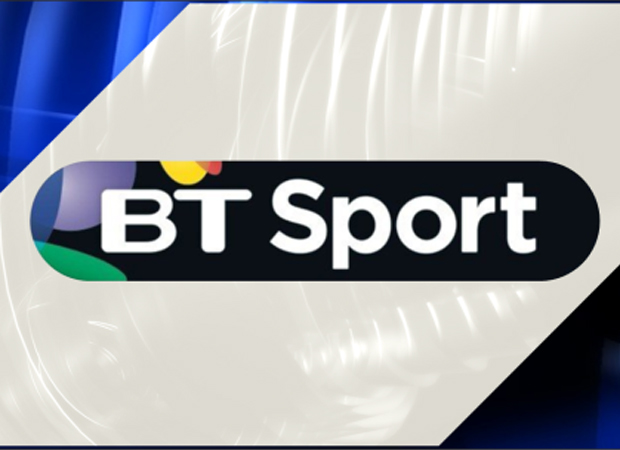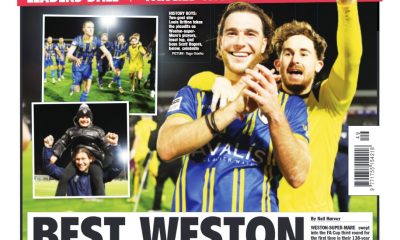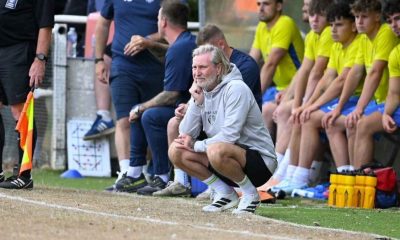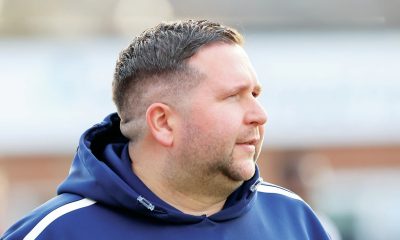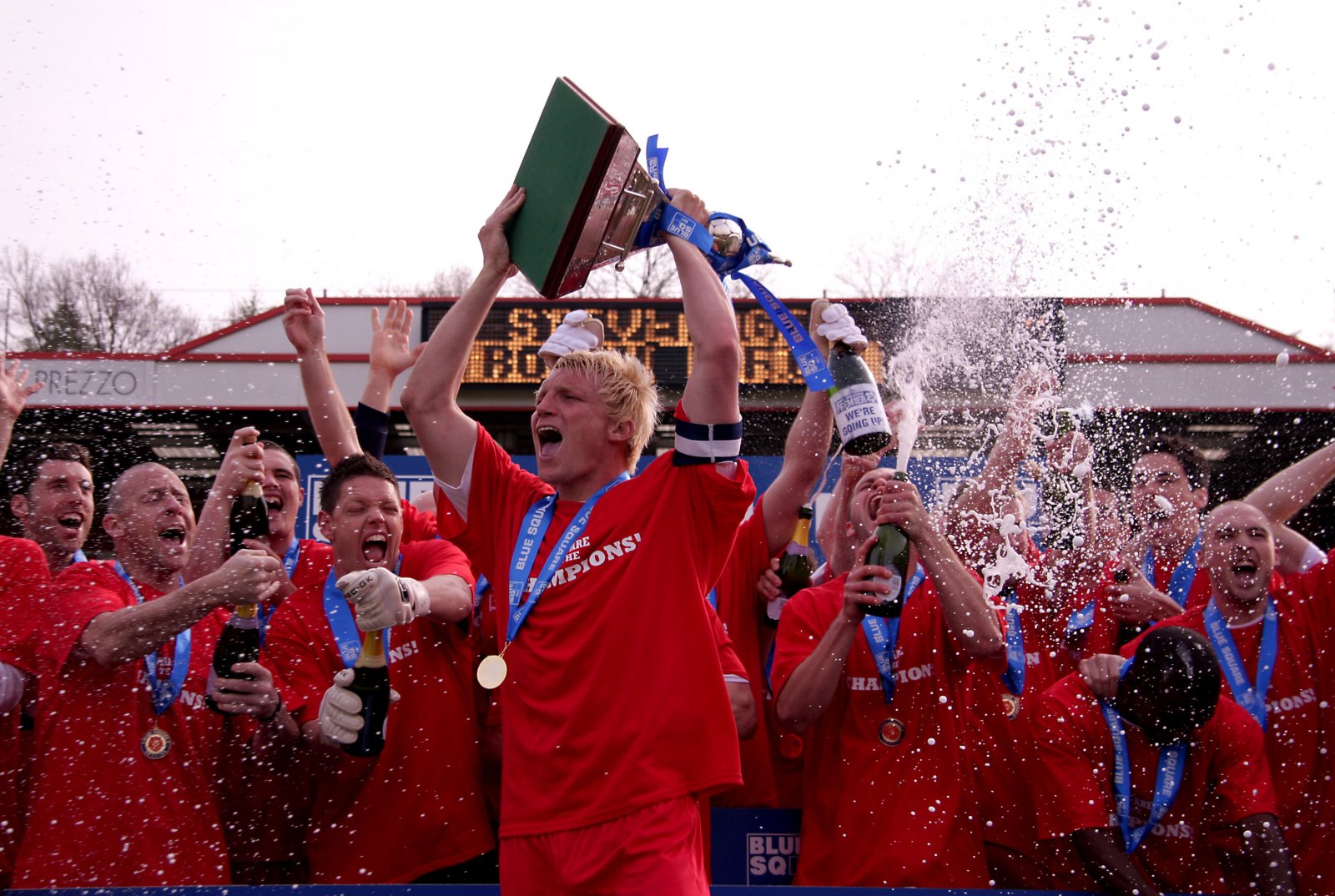
The Non-League Paper’s John Lyons is looking back on Non-League’s greatest ever seasons to entertain fans in lockdown during the coronavirus crisis. Cast your mind back to the 2009/10 campaign and Graham Westley setting then Stevenage Borough on the road to redemption…
Graham Westley and his Stevenage side were determined to put the ‘horrible’ feeling of play-off pain behind them in 2009-10 – and, boy, did they do it in style.
Thirty wins, nine draws and five defeats earned them 99 points from 44 games – and it would have been 105 but for the fact that two wins against Chester were chalked off after the Blues were expelled from the league in late February and their record expunged.
Boro finished well clear of big-hitters Luton, who finished runners-up, and third-placed Oxford United, who went up via the play-offs. The champagne celebrations were a far cry from the previous season when Stevenage’s Football League dreams crashed and burned in the play-offs.

WINNERS: Boss Graham Westley with skipper Mark Roberts
After finishing fifth, it looked as though they were heading to Wembley when they beat runners-up Cambridge United 3-1 at home despite having midfielder Darren Murphy sent off for violent conduct on the stroke of half-time with the game goalless.
However, it all turned sour in the second leg as the U’s stormed back to win 3-0 after extra-time. Boro had had left-back Scott Laird sent off early in extra-time for his second yellow, but it looked as though they would hold on for penalties until Scott Rendell scored his second goal of the game in the 119th minute to secure a dramatic victory.
“We were all devastated,” recalled Westley. “We had been on a terrific run to get into the play-offs and went on to win the FA Trophy. That gave the team confidence and losing in the play-offs galvanised them. It also made them realise that you can’t guarantee promotion by getting into the play-offs. Even if you were the best team in them, stuff happens.
“There was a sense that we wanted to right that wrong. However, there was a real hangover – we went into the next season with the gloom upon us and it took us a little while to get going. We weren’t great at the start, but the gloom soon started to lift and we had a really good run of form. It became a three-horse race – us, Oxford and Luton.”
Oxford, in particular, had started the season like a train, winning eight and drawing two of their first ten games. But as the U’s started to flag, Stevenage got stronger and stronger, and Westley recalls his side’s 1-0 home win against Oxford on a Tuesday night at the end of March as being one of the key moments in the campaign.

ADVANTAGE: Luton Town benefited more from Chester’s expulsion
“It wasn’t a title decider, but psychologically it was going to be big,” said the 52-year-old. “We knew it was vital and we won 1-0 with a penalty.” Before that, though, had come a decision that Westley feared could derail his side’s best efforts – the Conference’s decision to expel crisis club Chester.
While Boro lost six points, title rivals Luton – who had had two goalless draws against the Blues – and Oxford, who had only played them once, were not hit as hard. “Luton gained four points on us and psychologically that was really difficult,” he said. “A while later they beat us at our place and we started thinking ‘is this really happening?’
Togetherness
“However, the players showed amazing powers of recovery and togetherness. We won 3-0 at AFC Wimbledon a couple of days later and won all our remaining five games after that. They were an incredible group of players.”
Looking at the stats, it’s easy to see where Stevenage’s real strength was – their defence. Boro conceded a miserly 24 goals in 44 games (or 46 if you include the games against Chester). They had Chris Day in goal, Laird and Ronnie Henry as full-backs, Mark Roberts and Jon Ashton at centre-back and Michael Bostwick sitting in front of them in a deep midfield role.
“They were impregnable,” said Westley. “There was one period where we not only didn’t concede a goal for five or six games, we didn’t concede a shot! We had a system we used to work on and a way we played as a back four, five and holding midfielder. The truth is they were way better than the level. Chris Day had played in the Premier League as Jon Ashton had done earlier in his career.

TASTING SUCCESS: Boro’s Yemi Odubade with his winner’s medal
“Mark Roberts had played at Crewe in the Championship, Ronnie Henry was a Spurs youth who probably should have played higher than he did. Scott Laird won promotion to the Championship with Preston. Michael Bostwick went to Peterborough in the Championship. I was fortunate to bring them together, they balanced off so well. It was just a perfect storm.”
One unusual thing about the Stevenage title-winners was that they didn’t boast any of the top scorers in the division. While York’s Richard Brodie led the way with 26 goals, Boro’s leading marksmen Charlie Griffin and Yemi Odubade netted half that amount – the only ones to hit double figures. Instead, it really was a team effort with goals coming from all over the park.
“After losing in the play-offs, Steve Morison went to Millwall,” explained Westley. “People probably thought ‘they’ve lost Morison, they’re going to take a backward step’. But we had Lee Boylan, Charlie Griffin, Yemi Odubade and Chris Beardsley who all played their part up front. Out wide, we also had the pace of Mitchell Cole, God rest his soul, and the creativity of Andy Drury.
“We could mix and match it with those lads – there was loads of talent there. They also put the team first and themselves second. That was what made them special. Take Peter Vincenti for example. He didn’t play a lot, but he didn’t sound off. When he played, he gave it everything and he would organise the spaghetti round his house and keep the players well fed.
Balance
“In midfield, Joel Byrom played a big part alongside Michael Bostwick and we had the likes of David Bridges and Darren Murphy as well. There was a nice balance throughout.” Winning the Conference was also a notable feather in the cap for Westley himself as he continued to build his reputation.
“I had won the Ryman League (with Farnborough) to get into the Conference, so the aim after that was to try to win promotion into the Football League,” he said. “It’s a much-sought after prize – it’s a difficult league to win and there are some very ambitious clubs. You’ve got some clubs that spend big to get the big prize, but we were never going to be that club.
“There are also usually one or two big clubs that come down who are attractive to players, in our case Oxford and Luton. If you’re in the next tier, it’s difficult to win, but it’s a huge challenge and you had to go a little bit further to win it. It’s up to you to be the best you can be and our philosophy was ‘we are good enough and we have to make the best of ourselves.”
So did beating the likes of heavyweights Oxford and Luton to the title make the success even sweeter? “We just wanted to win promotion,” insisted Westley. “We didn’t really care who we beat. I wouldn’t say it tasted sweeter.” In the event, Oxford wouldn’t have been too fussed about missing out on the title. The U’s beat York in the play-off final at Wembley to ensure their return to the Football League in style.

RIVALRY: Sheffield United boss Chris Wilder
Chris Wilder was manager of the U’s in those days and the 52-year-old – six months older than Westley – has since gone on to enjoy success with Northampton, winning the League Two title, and current club Sheffield United, taking the Blades from League One to the upper echelons of the Premier League.
“It’s gone really well for him,” said Westley. “I first managed against him when he was at Halifax. I don’t know why, but it always got a bit feisty between us. I can remember some tough contests between us. We’re both competitive people and believe in some of the same things – a work ethic, the basics done well. We’re both hungry and focused.
“I remember when he got promoted to the Premier League last year I sent him a message saying ‘I don’t know why I’m sending this, we’re not mates or anything, but I just wanted to send my congratulations for what you have done’. He said it was the weirdest text he’d ever received!
“When you are managing, you have a rivalry with other managers. I beat him to that title and the following season I beat him to promotion in League Two (Stevenage went up via the play-offs). At least I know I can do a job in good company.”
Westley recalls his players seeing a photo of some of their Oxford counterparts dressed up as the ‘Men in Black’ during that season. He added: “I remember my lads going ‘oh, yeah’. My lads were determined to hunt that image down, they didn’t want it to beat them. They wanted to come out on top.”
Ten years on and, sadly, it looks as though Stevenage’s Football League tenure is about to end. Rock-bottom of League Two, Boro have a mountain to climb when football resumes after the coronavirus-induced break, if the season is played to a finish.
Westley himself wasn’t able to turn their fortunes around in a short spell back in charge this term. Typically, though, he remains optimistic. “I always want the best for Stevenage,” he added. “I’m not a believer in thinking about worst-case scenarios. They have the talent pool to win. It’s a good and strong club, and they have the ability to remain in the Football League – that should be their focus.”
If they do fall through the trapdoor, though, they know there is a route back via the National League. Westley and his troops proved that a decade ago.
Make sure you get your copy of The Non-League Paper this weekend for more great features and all the latest news in one place on the impact of the coronavirus crisis on society and football.
In shops on Sundays and Mondays, The NLP is always available as a pound-busting digital edition and full replica of the printed paper from midnight on Saturdays. Save cash on single issues, even more on longer deals and the pages still rustle too!
Images courtesy of The Non-League Paper




